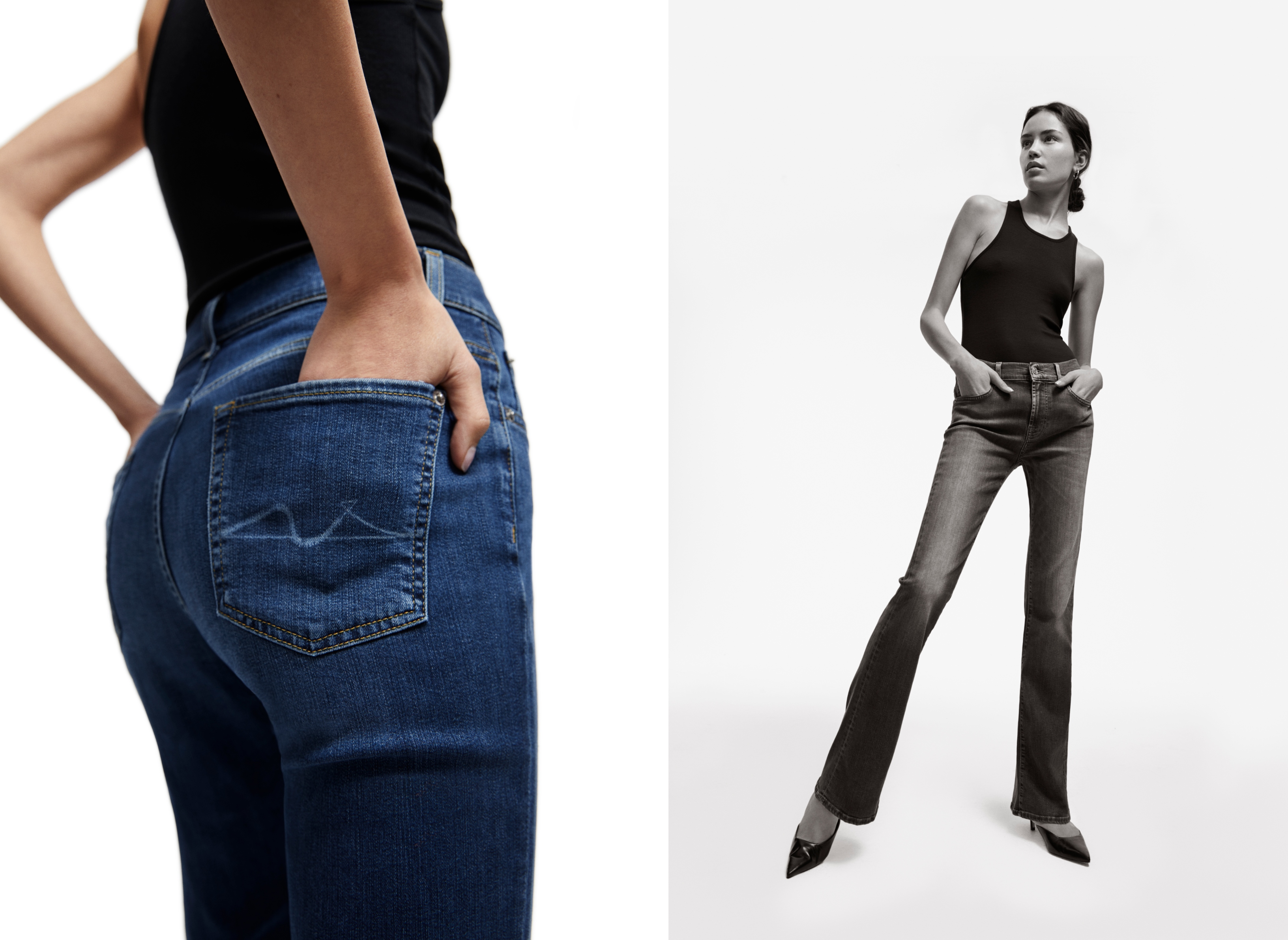Create a free retailer account now or view the other options.
Sustainable, but now for real
For the past 16 years, Willem Baars has been responsible for the successful magazine JFK. The editor-in-chief of the international men's magazine writes a monthly opinion piece for Modefabriek.nl about everything that keeps him busy.
In recent years, I have received dozens of press releases from brands – particularly international denim brands – claiming that they would be focusing on sustainability. At brand presentations, I have just as frequently heard that – unsurprisingly – the denim from precisely that brand was the most sustainable ever. I often listened to the presentations with a touch of scepticism, all the more because it usually concerned a very limited degree of sustainability, and the rest of the brand’s collection was still being produced in the same non-ecological way as all the years before. It seemed like feigned sustainability to me, primarily intended to give a green boost to the brand’s image.
It goes without saying that coronavirus brought an awful lot of bad with it, but thankfully also some good. Even for the fashion world. Everything is being held up to the light again, fast fashion will hopefully increasingly be seen as a no go, and ultimately disappear for good. And an increasing number of brands have become aware of the fact that we now really need to take care of nature, after nature used Covid-19 to remind us that it’s high time we did something about the endless growth and treating the earth like dirt.

One of the first brands to really make a significant statement is 7 For All Mankind. I’m not sure if it’s linked to the current crisis, but it is perhaps too much of a coincidence that this premium jeans brand has chosen now to reveal a pretty ambitious plan: by 2023, the label wants more than 80% of its products to have quantifiable sustainable hallmarks. The American label has also launched a new platform – Sustainable for All Mankind – that determines the criteria for sustainable materials and production methods, and that will be used to make it possible to objectively gauge and track the actual promises and progress being made by the brand. This is certainly good news, and I believe it is one of the first ever major initiatives to actually be launched by a fashion brand. The fact that transparency regarding the production process is a key element of 7 For All Mankind’s ecological platform makes the brand’s objective all the more praiseworthy.
Six months before the coronavirus pandemic, I chatted with 7’s new creative director: Simon Spurr, a designer who has worked with famous names including Hedi Slimane and also made his own men’s fashion collection for a few seasons – a collection that was very well received by the fashion press, but unfortunately went under because Spurr refused to make concessions, in spite of his investor’s wishes. Spurr told me that he had major plans for his new label. And back then, he already indicated that 7 For All Mankind should serve as an example to others. His words seemed somewhat empty at the time, but now I know that Spurr has fulfilled his promises and ambitions, and that it’s really happening, and that alongside being a fantastic and likeable designer, Simon Spurr is also a man of principle. I will be very surprised if many other fashion brands don’t follow 7 For All Mankind’s example. So, like I said: coronavirus might be good for something after all.
Written by Willem Baars, editor-in-chief, JFK
Share article

.jpg)